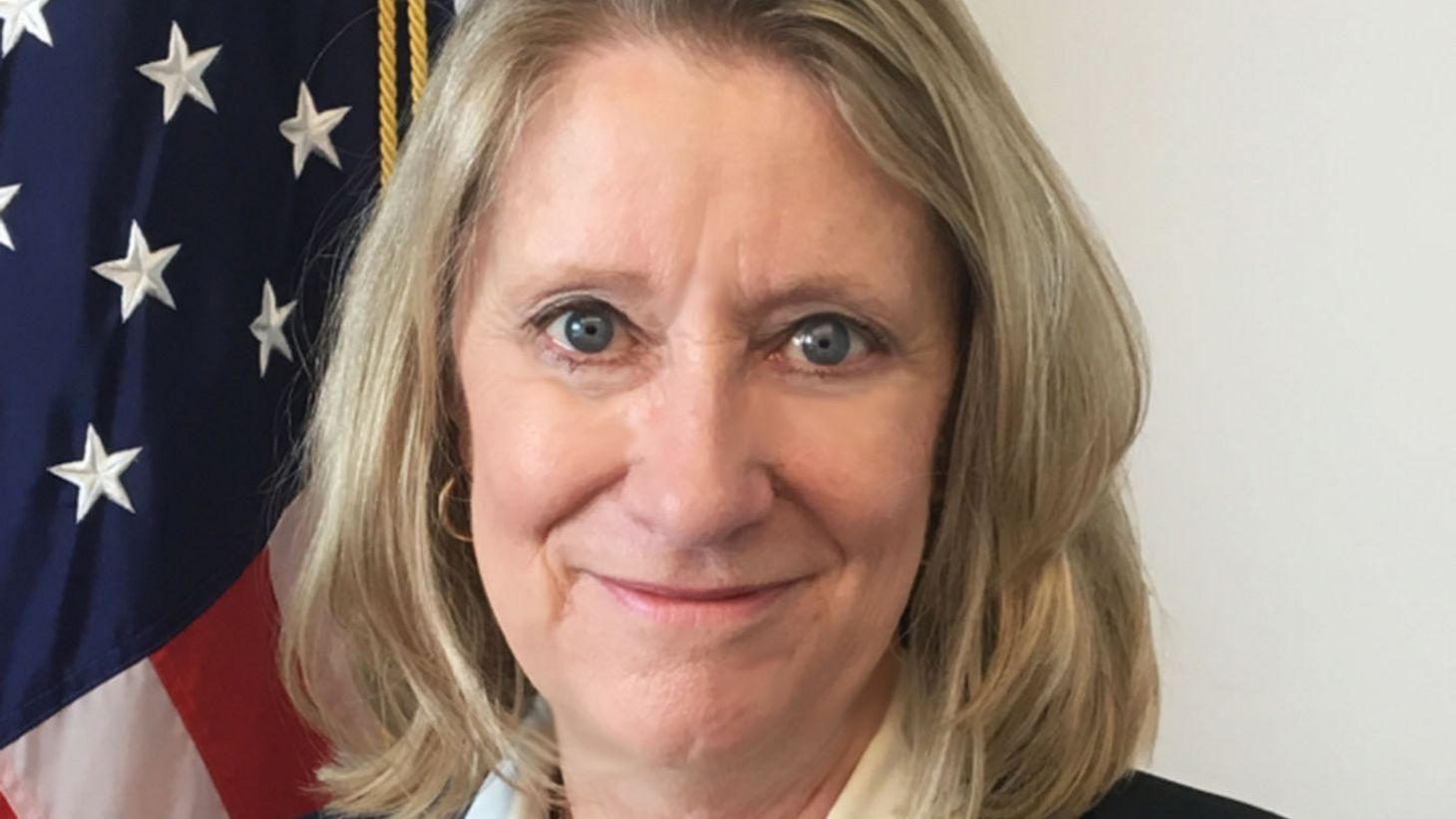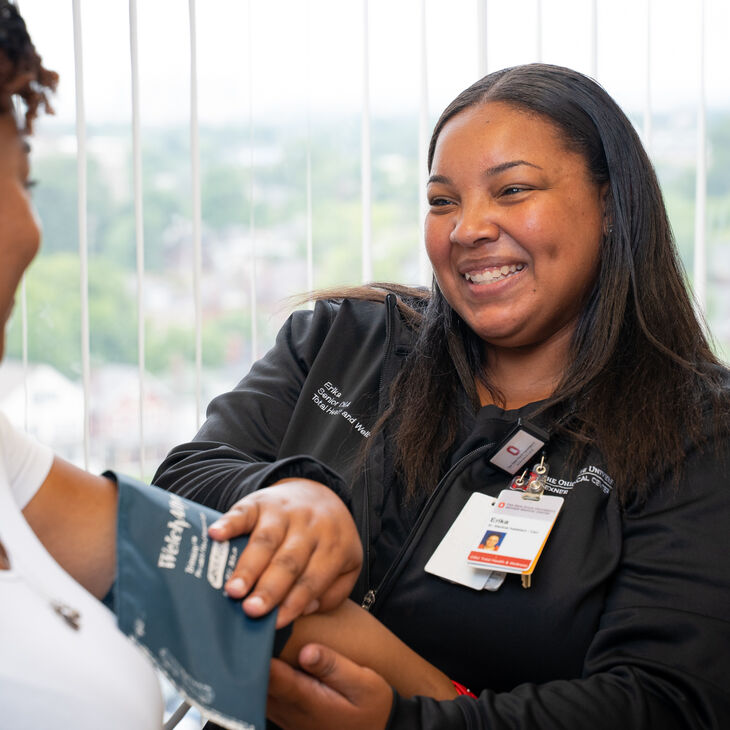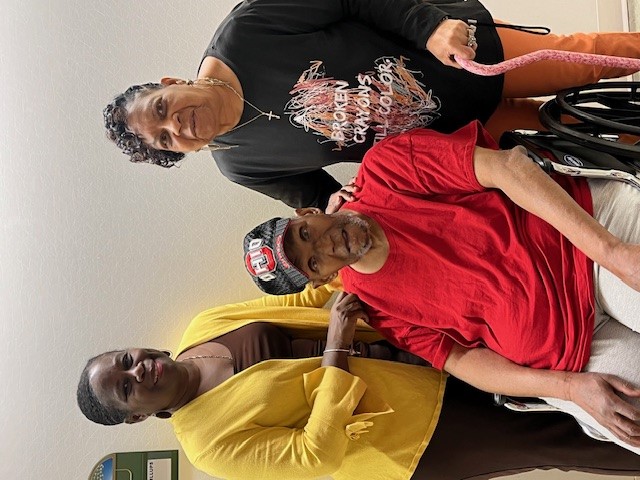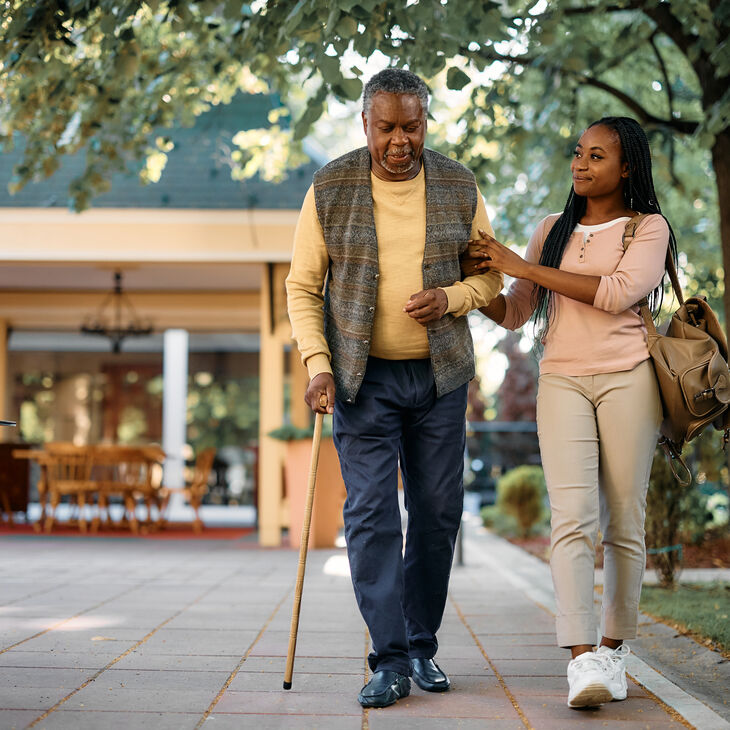Note from Pat Ford-Roegner, former CEO of the American Academy of Nursing:
This past Sunday, October 10, was World Mental Health Day, which the World Health Organization explains is designated “to raise awareness of mental health issues around the world and to mobilize efforts in support of mental health.” Study after study at The Ohio State University and elsewhere has found that mental health indicators including stress, anxiety, depression and burnout have all spiked during the pandemic. In recognition of World Mental Health Day, we asked Dr. Anita Everett, Director of the Center for Mental Health Services at the federal Substance Abuse and Mental Health Services Administration (SAMHSA) to talk with us about how the agency supports clinicians in the field, its commitment to evidence-based practice, the critical role of nurses/nurse practitioners in delivering mental health care – including in primary care settings – and the importance of sustaining the change that we all know is needed to both reduce stigma and ensure quality care for all.
- One of the 5 core principles of the 2019 – 2023 SAMHSA Strategic plan is the following: “Supporting the adoption of evidence-based practices: SAMHSA is committed to advancing the use of science – in the forms of data; research and evaluation; and evidence-based policies, programs and practices – to improve the lives of Americans living with substance use disorders and mental illness, as well as their families.” How have you acted to realize this goal, and what further work is on your radar?
There are many elements involved with support of advancing evidence-based services and to promote evidence-based policy development. Key to this is having staff who have sufficient knowledge, skills and abilities to evaluate evidence and to incorporate it into our programs, language and all activities.
- Especially with the experience of the past year-and-a-half, your priority to “strengthen health practitioner training and education” seems particularly important and relevant. How has the training you offer changed since the beginning of the pandemic? And how have practitioners found that it changes their practice?
We have gone from a mixture of in-person and virtual trainings and convenings to all-virtual sessions. We have found that virtual meetings are much more efficient in many ways and that more people are able to attend because they don’t have to travel. For our stakeholders who often work for agencies that do not have funding to support travel to professional meetings, this has been very welcomed. We provide practice improvement technical assistance training in multiple venues. For short-term or one-off, we typically are only able to evaluate immediate intention regarding any changes in practice. For our grants or longer-term technical assistance, we do examine practice changes and strive to have good fidelity to evidence-based services.
- You launched your SAMHSA Evidence-Based Practices Resource Center in 2018. As you may know, The Ohio State University College of Nursing is an international leader in the EBP movement through its Helene Fuld Health Trust National Institute for Evidence-based Practice in Nursing and Healthcare. How have you kept those resources current?
Each year, SAMHSA develops and disseminates five to eight new Evidence-based Practice (EBP) guidebooks/advisories that present the best EBPs on behavioral health issues. Topics are focused on substance use prevention, substance use treatment and mental health. In addition, a federal staff review committee periodically reviews and examines the content on the EBPRC website and provides recommendations on how to update the content.
And how has the issue of misinformation in healthcare information affected how you screen for trustworthy materials?
We are very careful with published literature review as a required element of all Evidence-based Practices Resources.
- The COVID-19 pandemic has exacerbated an already-growing realization that this country does not have enough mental health workers, including psychiatric nurse practitioners. Articles have appeared in scholarly journals as well as U.S. News and World Report and The New York Times attesting to the growing shortage, especially in rural communities, for the elderly and for children. Ohio State’s College of Nursing houses a robust and nationally-renowned psychiatric mental health nurse practitioner academic track among its many NP educational programs. Does SAMHSA work with HRSA to look for ways to significantly increase the number of mental health practitioners?
HRSA is lead on workforce development and we do work with this on the behavioral health component of overall health workforce.
From your perspective, what more can be done to increase the number of psychiatric NPs, in particular?
We believe that stigma has improved but is still strongly associated with mental health and substance use disorder conditions and also with the staff that choose to dedicate their professional life to these conditions. Parts of the stigma associates with the misconception that behavioral health conditions are hopeless, incurable and long-term. Promoting recovery and promoting the experience of those who live well in recovery is a very important aspect of the notion that careers in mental health and addictions can, in fact, be extremely effective in helping individuals find recovery.
- Primary care practitioner organizations have called for the integration of mental health training into primary care. Several recent articles in the Journal of Health Affairs discuss integration in a very positive light. What are your thoughts on this as another solution to the shortage of mental health providers?
From our perspective, we see training of primary care providers as being a very important opportunity to improve access to behavioral health care.
- The Ohio State University College of Nursing is an active partner in the Coalition for Nurses on Boards and Advisory Committees, with Dean Melnyk and several key faculty serving on the boards of national leadership organizations. In reviewing the various advisory committees to SAMHSA, there appears to be tremendous opportunity to engage more nursing leaders. How can we act upon this opportunity?
Agencies often put forward the names of potential nominees to national advisory committees. Feel free to send the names of nursing professionals you think should be on SAMHSA’s radar. But please understand that potential national advisory committee members typically are nominated and approved at the discretion of the President.
- Dean Melnyk is an internationally-recognized expert in cognitive-behavioral therapy and skills-building, which is a widely-accepted, evidence-based approach to developing coping and resiliency skills. Nurses have played key roles in both reacting to the chaos around us over the past 19 months and providing leadership to shape what healthcare and well-care look like moving forward. How can nurses most effectively continue to provide that leadership so that we can ensure that the lessons we have learned are not forgotten?
Putting lessons learned into practice is associated with sustaining change. The extent to which nurses can promote the development and sustainment of basic skills building in resilience would be very helpful to our nation.





